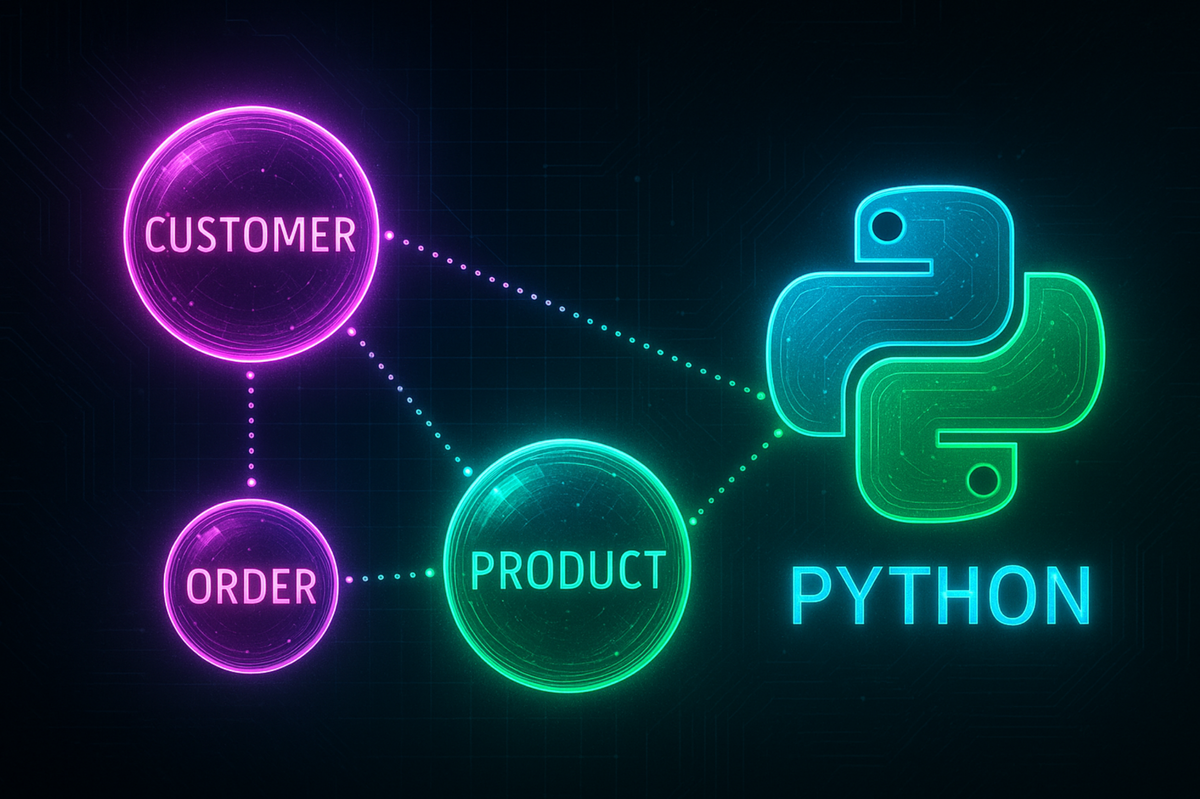Understanding Data Relationships in ERP with Python
Learn how to define and manage data relationships in ERP systems using Python frameworks like Odoo and Tryton. See practical Many2many and foreign key examples.

Enterprise Resource Planning (ERP) systems manage complex business processes by connecting different data elements. A key concept in understanding these connections is the relationship between various models or entities within the system.
For example, consider an online store selling books. In an ERP system, you'd have:
- Customers: Individuals who purchase books.
- Products: Individual book titles with information like author, price, and genre.
- Orders: Records of purchases made by customers, listing the specific products ordered.
These models are interconnected. A customer can place multiple orders, each containing one or more products. Understanding these relationships is crucial for accurately representing business data and performing operations like generating invoices based on orders or analyzing sales trends by product category.
Connecting the Dots with Python
Python frameworks like Odoo and Tryton provide mechanisms to define these relationships in your ERP system.
In Odoo, you'd use a concept called "Many2many" fields:
class Product(models.Model):
name = fields.Char()
order_ids = fields.Many2many('Order', string='Orders')
This defines a relationship between the Product and Order models, allowing each product to be associated with multiple orders, and each order to contain multiple products.
Similarly, in Tryton, you would define similar relationships using foreign keys in your model definitions:
class Product(Model):
name = field('Name', required=True)
order_ids = Many2ManyField('Order')
These code snippets demonstrate how to establish a connection between models, allowing you to represent the real-world relationships within your ERP system.
Key Takeaways
- Understanding data relationships is fundamental for building accurate and functional ERP systems.
- Python frameworks provide tools to define these relationships using concepts like "Many2many" fields (Odoo) or foreign keys (Tryton).
- By accurately representing these connections, you can create a robust and efficient ERP system that supports complex business processes.
For more free information, download the free sample



